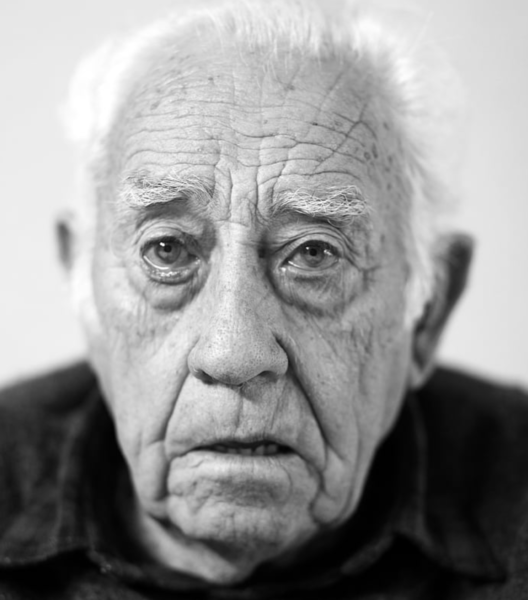
A recent study published by JAMA underscores health risks for Veterans living in underserved neighborhoods.
A recent study published in JAMA Neurology looked at how living in a disadvantaged neighborhood can affect the risk of developing dementia in U.S. Veterans. The researchers studied a group of 1.6 million Veterans, making it the largest study of its kind.
They divided participating Veterans into different groups based on where they lived to see if being in a socioeconomically disadvantaged area had any impact on dementia. The study followed these Veterans for approximately 11 years to observe any associations between neighborhood deprivation and the development of dementia.
The results showed that there was a clear connection between living in a disadvantaged neighborhood and the risk of developing dementia. Older Veterans living in the most socioeconomically disadvantaged areas were 22% more likely to develop dementia compared to those residing in the least disadvantaged neighborhoods. The risk increased as the neighborhood’s disadvantage level increased, even after considering other factors like age and health conditions.
Among the Veterans studied, Black Veterans were more likely to live in the most disadvantaged areas. Health risks like heart problems were more common in the most disadvantaged area. In the least disadvantaged area, 8.5% of Veterans smoked tobacco, while in the most disadvantaged, it was 17.2%. Similar trends were observed with diabetes, obesity, and hypertension rates, where the most disadvantaged areas had higher percentages compared to the least disadvantaged ones.
The study’s findings revealed that even though Veterans had equal access to care within the VHA system, their residential location could still influence their health outcomes. Disadvantaged neighborhoods present a higher number of stressors and fewer resources, which can affect brain health and make dementia more likely. More research is needed to see if the same applies to non-Veterans.
This research has significant implications for doctors and policymakers. Understanding how neighborhood disadvantages affect dementia risk can help create targeted strategies to improve brain health and reduce health disparities. By addressing the challenges that come with living in disadvantaged neighborhoods, doctors can identify people at higher risk and create personalized interventions to address disparities.












